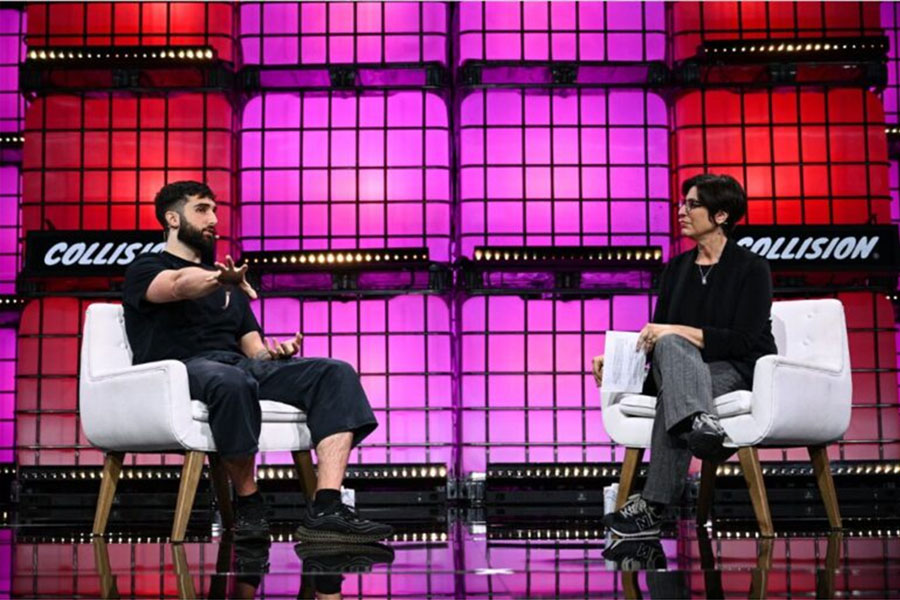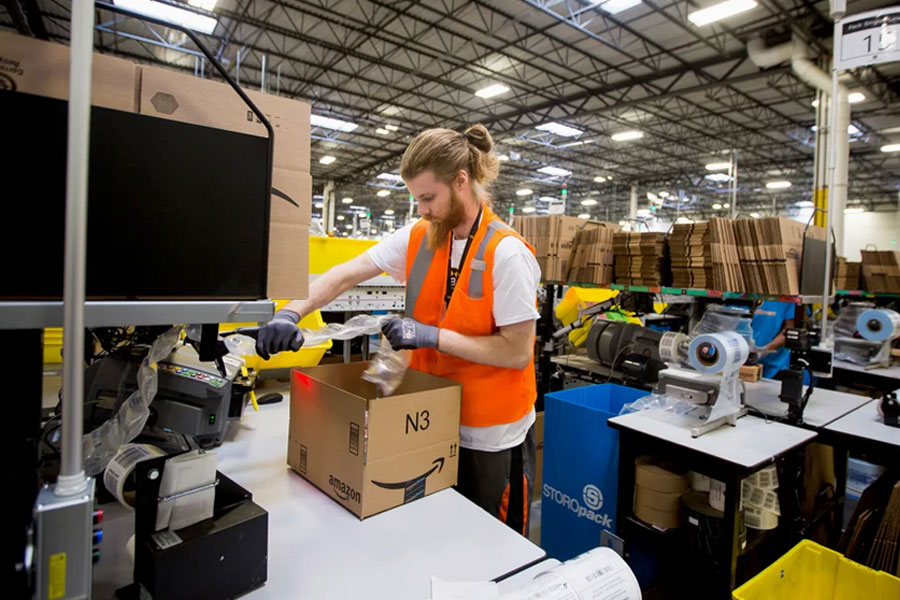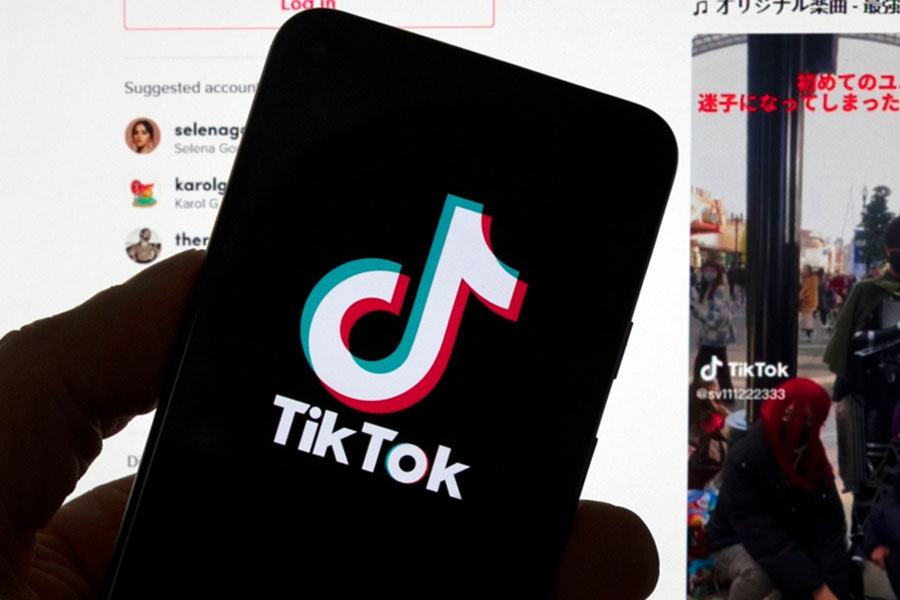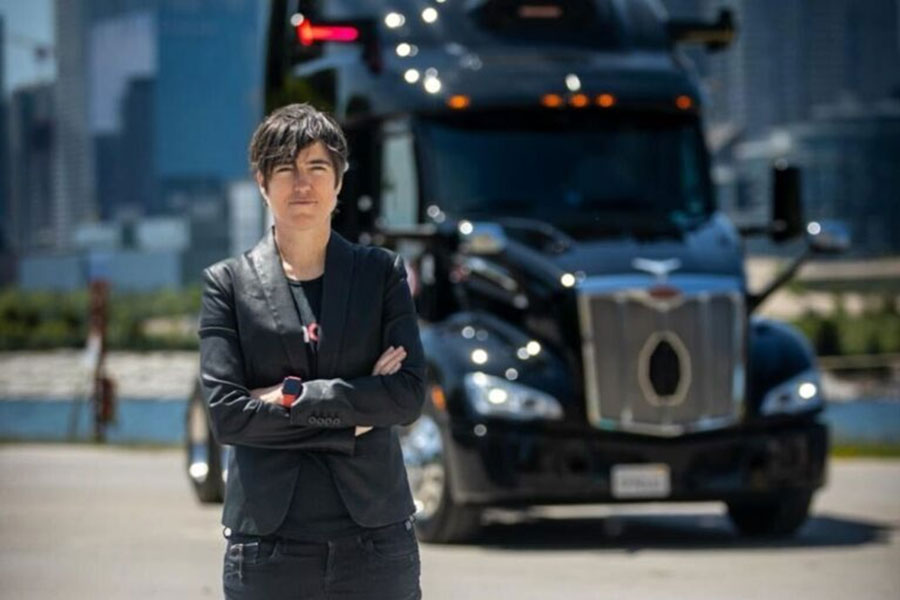
Aidan Gomez, Co-founder and CEO of Cohere, addresses the audience at Collision 2024. Source: betakit
Marking its final year in Toronto, Collision 2024 concluded on June 20th, setting the stage for a new era as it moves to Vancouver for Web Summit 2025. This year's event witnessed a historic turnout, gathering 37,832 attendees from 117 countries, with 1,623 startups from 57 countries showcasing their innovations over three action-packed days.
A significant highlight of Collision 2024 was the record-breaking representation of women-founded startups (734), comprising 45% of all participants—an impressive increase from 30% in 2023. Women also made up 42% of attendees and delivered 35% of the event's speaker lineup across its 18 diverse tracks.
Among the startups, nearly 200 participated in the Impact program, focusing on climate tech, health tech, and deep tech innovations. An additional 370 startups were founded by individuals from Black or Indigenous backgrounds, underscoring Collision's commitment to diversity and inclusion within the tech industry.
Throughout the event, 570 speakers shared insights across various topics, including AI, entrepreneurship, and societal impact. Key figures such as Aidan Gomez, founder of Cohere, AI pioneer Geoffrey Hinton, and entrepreneur Maria Sharapova captivated audiences with their perspectives and experiences.
High-profile investors like Vinod Khosla, Wesley Chan, and Nigel Morris facilitated a staggering 1,762 meetings between investors and startups, highlighting Collision's pivotal role in fostering global connections and investment opportunities.
Amidst the bustling startup ecosystem, AI emerged as a central theme, with experts dissecting its current state and future prospects. David Wong of Thomson Reuters emphasized a shift from AI hype to practical application, noting increased scrutiny from corporate buyers demanding tangible returns on AI investments.
Matt Wood from Amazon Web Services hailed generative AI as a transformative force comparable to the advent of the internet, fueling a surge in AI startups despite a tightening venture capital landscape. Recent funding rounds for Canadian firms like Waabi and Cohere underscored continued investor confidence and high valuations in the AI sector.
Chris Walker, CEO of Untether AI, likened the current AI boom to the dot-com era, highlighting advancements in hardware and AI models as catalysts for innovation. However, Spencer McLeod of G Squared cautioned against inflated expectations, warning of a potential bubble in parts of the AI ecosystem.
Christophe Bourque from White Star Capital echoed concerns about the gap between AI's promise and practical deployment in enterprises. He cited challenges in translating AI potential into revenue-generating applications, especially in sectors like software-as-a-service.
Aidan Gomez of Cohere provided insights into AI adoption trends, noting a shift from proof-of-concept phases to overcoming barriers such as data privacy and scalability. He predicted accelerated adoption as enterprises gain confidence in AI technologies and their transformative potential.
Geoffrey Hinton, renowned for his contributions to AI development, reiterated concerns about ethical AI deployment, emphasizing the importance of responsible innovation in safeguarding against misuse and ensuring societal benefit.
As Collision 2024 concluded, it left attendees with a profound understanding of AI's transformative impact and the imperative of responsible innovation. The event not only showcased groundbreaking technologies and diverse entrepreneurial talent but also sparked crucial dialogues on AI's future direction and ethical considerations.
Looking ahead to Web Summit Vancouver in 2025, Collision remains at the forefront of global tech conferences, poised to continue driving innovation, fostering diversity, and shaping the future of technology on a global scale.





